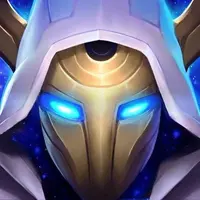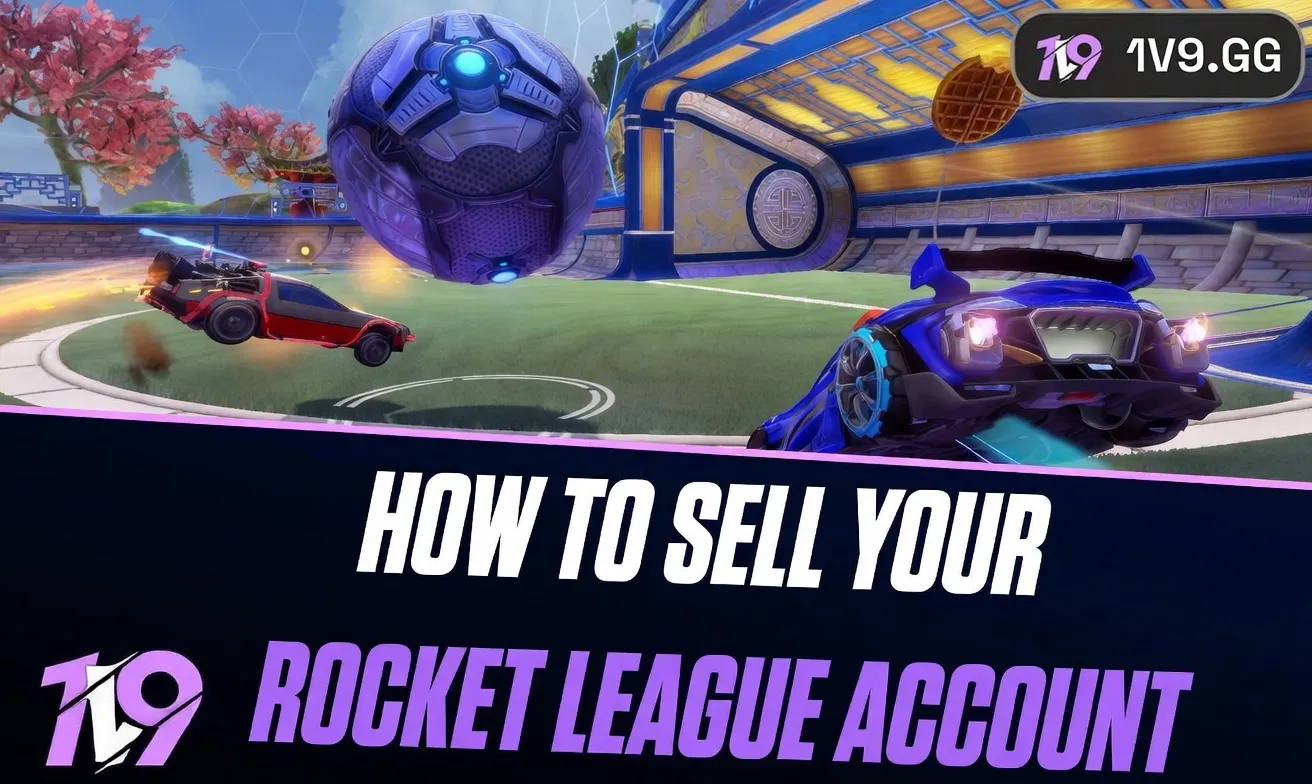
Why is League of Legends so Addicting?
Why League of Legends Can Feel So Addicting and What to do About it
if you've ever caught yourself playing League of Legends, thinking, "This isn't enjoyable right now," yet inexplicably continuing with the game, you're likely on the same page with us in acknowledging the addictive nature of League of Legends. It's akin to the sensation when you prepare a large bowl of banana pudding, consume half of it, acknowledge fullness, but proceed to finish the other half.
Granted, the banana pudding analogy might not be a perfect match – after all, banana pudding is a delightful treat, and frustration doesn't typically accompany its consumption. However, in the realm of League of Legends, where repeated defeats can trigger irritation, the impulse to persist remains. It's reminiscent of the unwavering energy of an energizer bunny, steadfastly glued to the keyboard despite escalating challenges. Strangely, as the situation worsens, the desire to queue up for the next match only intensifies.
Drawing parallels between the addictiveness of League of Legends and drug dependency emphasizes the role of dopamine. Similar to someone hooked on substances like crack, the game manipulates the dopamine receptors in your brain. Initially, an excess of dopamine floods the system, inducing happiness. Over time, however, the brain becomes conditioned to associate happiness solely with the game, diminishing the impact of natural sources of joy. This establishes a cycle where the pursuit of victory in League of Legends becomes the primary source of gratification.
Also Read: LoL Arena Ranked System Explained
Drawing parallels to League, we endure the game's "lows" for the occasional "highs" – that exhilarating feeling when we nail a special skillshot or outplay an opponent in a 1v1 showdown. We persevere through the grind of farming minions for what seems like an eternity, all in pursuit of those fleeting epic moments.
However, this argument has its shortcomings; it's just not quite compelling enough. The assertion that the rush from outplaying someone in the game is equivalent to the dopamine surge from certain drugs remains uncertain. Moreover, League offers alternative modes like ARAM, designed to break the monotony and turn the game into a skillshot extravaganza.
Despite these options, I personally find myself less drawn to ARAM. While I do engage in it occasionally, my primary focus is on ranked play. Perhaps it's because the "highs" in ARAM are too commonplace, causing us to overlook or not fully appreciate them? Yet, this explanation doesn't quite account for why I derive minimal satisfaction from playing ARAM and a significant amount from competing in ranked matches.
For those ensnared by the grip of League of Legends addiction, is satisfaction truly the sole driving force behind the thousands of hours invested in the game? It seems implausible. Numerous other expansive games boast competitive player bases and ranking systems, such as chess. Yet, it's rare to find someone as addicted to chess as they are to LoL.
There must be something inherent in the game design that fosters such a deep-seated addiction to League of Legends. What could it be?
For the majority of players, the standard game unfolds in a familiar pattern:
First 10 minutes - In this initial phase, we focus on farming minions, assisting the jungle with ganks, engaging in 1v1 encounters with the top lane adversary, and steering clear of enemy ganks.
Subsequently, we make a decision: either group with our team to compel objectives or transition into split pushing.
Analyzing the game at its core reveals a series of seemingly straightforward situations that require correct decision-making. Farming minions happens to be one of these situations – as a minion's health dwindles, timely last-hitting becomes imperative.
Similarly, dodging skillshots represents another "simple situation" – when a Morgana Q hurtles toward you, swiftly maneuvering your Champion out of harm's way becomes essential.
League of Legends can be viewed as an extended sequence of straightforward situations punctuated by infrequent instances of complexity.
The compelling nature of LoL addiction may stem from the inherent simplicity of the situations we've discussed. Making correct decisions in these straightforward scenarios triggers a release of dopamine in the brain, and this happens at a rapid pace, occurring every few seconds. Over time, the accumulation of these small bursts of dopamine outweighs the impact of the more substantial dopamine rewards received when executing significant plays in the game. It's this constant stream of small rewards that seems to contribute significantly to the addictive nature of League of Legends.
Also Read: Everything You Need to Know to Find Your League Duo Partner - 1v9 Duo Finder
Certainly, after my extensive rambling about the game, I've put forward two factors that, in my view, contribute to League of Legends addiction:
- The competitive and ranked dimension of LoL.
- The multitude of minor triumphs that occur during the course of a game, offering unexpected happiness.
In essence, the supposedly "mundane" segments of the game are where the most gratification lies!
What’s next?
Now that you have learned something new about League of Legends - it’s time you start playing and get better at the game. We can help! Purchase a High Quality 1v9 Smurf Account and start playing at the rank you deserve! Alternatively, you can Join our Discord Server & participate in various giveaways!
Posted On: December 29th, 2023
Recent Articles
💬 Need help?
Our 1v9 support team is available 24/7 to help you with any questions or issues you may have.
support@1v9.gg
Loading...
1v9.gg is not endorsed or affiliated by any game developers or publishers.
2025 1v9, All Rights Reserved, Created By NightDev







